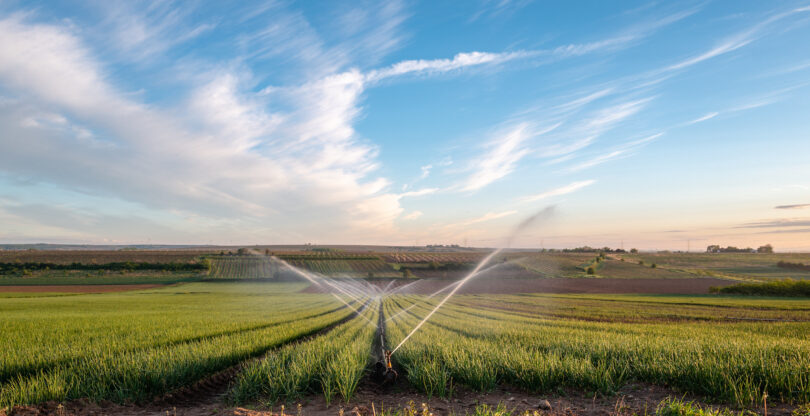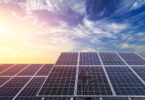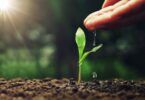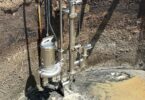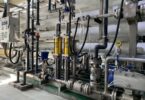Begoña Tarrazona, Irrigation Specialist at Idrica, discusses some of the technology trends that can boost water efficiency in the agricultural sector.
What water technologies and innovations can help agriculture overcome some of its greatest challenges?
Remote metering will become increasing popular in the agricultural sector. As in the area of drinking water, remote metering will improve the management of the billing cycle, including meter reading, billing and payment collection and, through real-time reading of subscriber meters and the application of advanced algorithms, farmers will be able to monitor and detect leaks and fraud and forecast demand.
Smart irrigation will also be important, as more and more irrigation associations will choose to water their land according to the real needs of their crops and the moisture content of the soil. Based on the reading of moisture sensors installed in the field and the information on climate conditions, weather forecast, irrigation type, soil characteristics and crop type, in order to calculate the water balance, technological solutions will indicate when and how much water should be used to optimise water resources and thus promote environmental sustainability.
Remote sensing and satellite imagery will provide increasingly complex information on the state of the crops and lands. A further step forward is the automatic adjustment of irrigation schedules through the application of algorithms, taking into account the water needs of the crop, the moisture content of the soil and the weather forecast.
The use of software platforms that integrate real-time information to improve decision-making and help asset monitoring and consumption control will also become commonplace.
How does your organisation help reduce the impact of agriculture on water supplies?
The GoAigua AgroTwin solution is a modular software platform that processes different data sources, regardless of vendors or technology. The modules include operations and monitoring, remote reading, leaks, billing, work orders and asset management, and together form a smart, data-driven decision-making system.
The platform is made up of an integrated environment for monitoring and managing customer-operated infrastructures encompassing all the areas that irrigation associations have to manage. This one-stop shop helps to improve water and energy efficiency, reduce operating and maintenance costs, and enhance environmental sustainability.
GoAigua’s technology provides a solution to combat the impact that the increase in global food demand poses to the environment, while boosting farming productivity.
How do you think farmers will manage water in the future?
One of the key developments in the farming industry will come from improvements in the hydraulic and operational efficiency of the network thanks to the installation of sensors and of remote meters for farmers.
Furthermore, smart irrigation, based on the real needs of crops, the moisture content of the soil and weather forecasts, will become more widespread thanks to advances in remote sensing and sensor technology.
In this area, technological solutions and automatic irrigation rescheduling will optimise water consumption and enhance environmental sustainability by reducing the farming industry’s water and carbon footprints.



